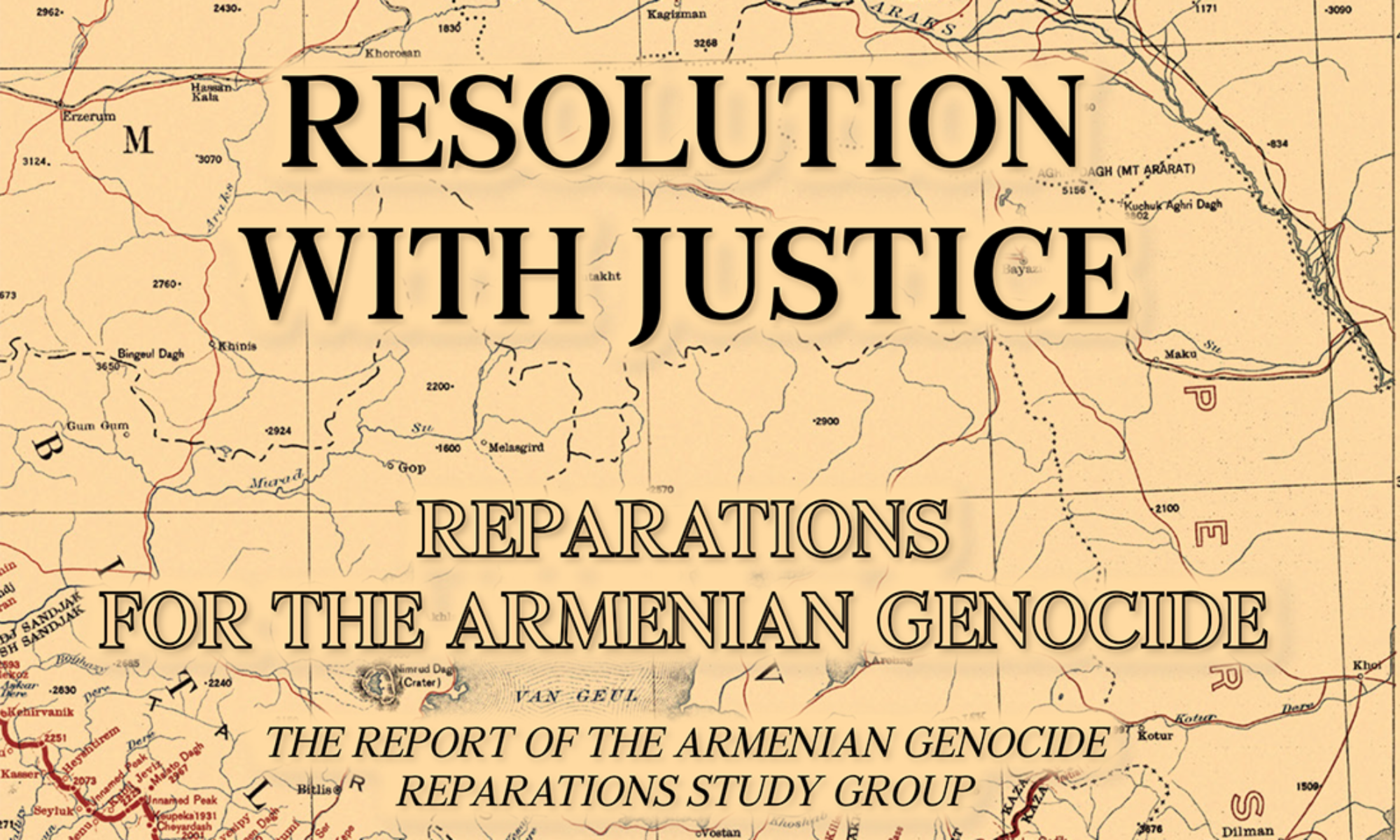Alexis Demirdjian is the Director of the Centennial Project Foundation and organizer of the conference at The Hague entitled, “The Armenian Genocide’s Legacy 100 Years Later,” along with the NIOD Institute for War, Holocaust and Genocide Studies and the USC Dornsife Institute of Armenian Studies. Demirdjian is also the editor of an academic book associated with the conference, “The Armenian Genocide Legacy.”
The author thanks Evelyn Anoya for reviewing and editing this chapter. The author also thanks Maud Marchand for her assistance in reviewing the colossal amount of ICTY evidence relating to the judicial system in the former Yugoslavia.
Member of the Quebec Bar (Montreal); Trial Lawyer, Office of the Prosecutor, International Criminal Court; LL.M. International Law. The views expressed in this chapter are those of the author alone and do not necessarily reflect those of the International Criminal Court.
Abstract
On 3 June 1992, in the third month of the conflict in Bosnia-Herzegovina, a group of 30 men of Serb ethnic background stormed the Northern Bosnian town of Teslić which was under Bosnian Serb control. This paramilitary group nicknamed the Miće Group3 managed to arrest hundreds of Bosnian Muslim and Croat civilians in less than three weeks, detained them in inhumane conditions, and repeatedly beat them, some succumbing to the beatings. On 30 June 1992, 16 members of the Miće were arrested when Serb authorities learned that they were persecuting Serb citizens, their ‘own people’. It was only then that Serb authorities acted and investigations began shortly thereafter.4 However, both the military and civilian police leadership quickly lodged protests with the prosecutor’s office, requesting the Miće’s release. The men were released one by one under threats and pressure and, by early August, they had reintegrated into their respective units. Meanwhile, thousands of Muslims and Croats had fled Teslić. This once multi-ethnic community had turned into a mono-ethnic municipality, crippled by terror and criminality. The ICTY deals mainly with leadership cases and six separate trials have addressed these atrocities in Teslić. The actual perpetrators, the members of the Miće Group, were arrested only in November 2014.
CivilNet TV
